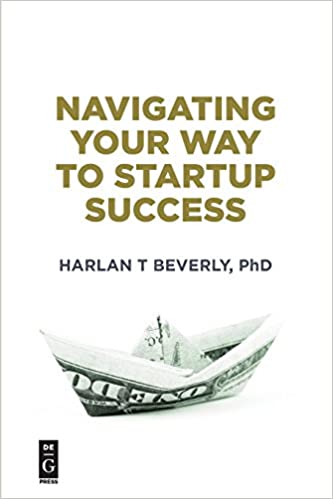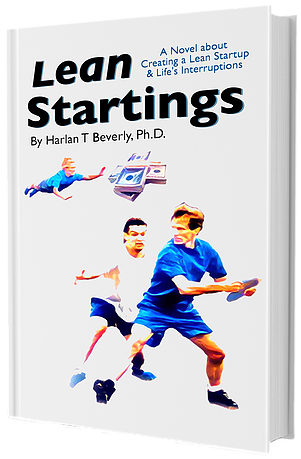Does your idea suck or rock? If you want to try something more than “my friends like my idea”, “my teacher likes my idea”, or “I know I would buy it”… consider an analytical approach to opportunity analysis. Why not say, this idea is a 25. Then you can compare that to what you are doing now (probably a 12). Or compare it to another idea (wow, a 38!)… If you ever wanted to know if your idea is good, from an analytical perspective… read on.
There are 2 Acronyms that Harvard MBAs (and UT MBAs) learn: POCD and SWAT. They both boil down to “Pro and Con” type thinking… but they both also add something useful.
POCD = People, Opportunity, Context, and Deal.
P – Are the people likely to be able to succeed (the right people)
O – Is the opportunity big… (how big is it)… (how much money might be made?)
C – What is happening in context of the world at large that is or MIGHT effect this opportunity?
D – How much money will it take to get to success, and what are the terms and risks?
I often use POCD to look at 2 different opportunities, I use a 1-10 scale to compare them… here is an example:
Karmaback
P – 9 (my team rocks)
O – 7 (its tough to make money in social right now)
C – 10 (Social is heating up and people are looking for our solution: how to make money with Social Marketing)
D – 8 (not a lot of funds needed)
SCORE: 34
— vs. —
Making my own social game (something I’d like to do someday)
P – 5 (I have no artistic talents)
O – 4 (hard to make money with just 1 game)
C – 7 (social games are hot)
D – 7 (not a lot of money needed to make a social game)
SCORE: 23 (better than I thought it would be)
SWOT is very similar, and does add a valuable concept (that POCD doesn’t directly address)
SWOT = Strengths, Weaknesses, Opportunities, Threats
I don’t directly use SWOT, but I do like the thought of “threats” as part of the “Context” in the POCD framework.
So, the next time you are asked, is this a good idea?
Give them a POCD score. It’s fun.
Facebook Comments


